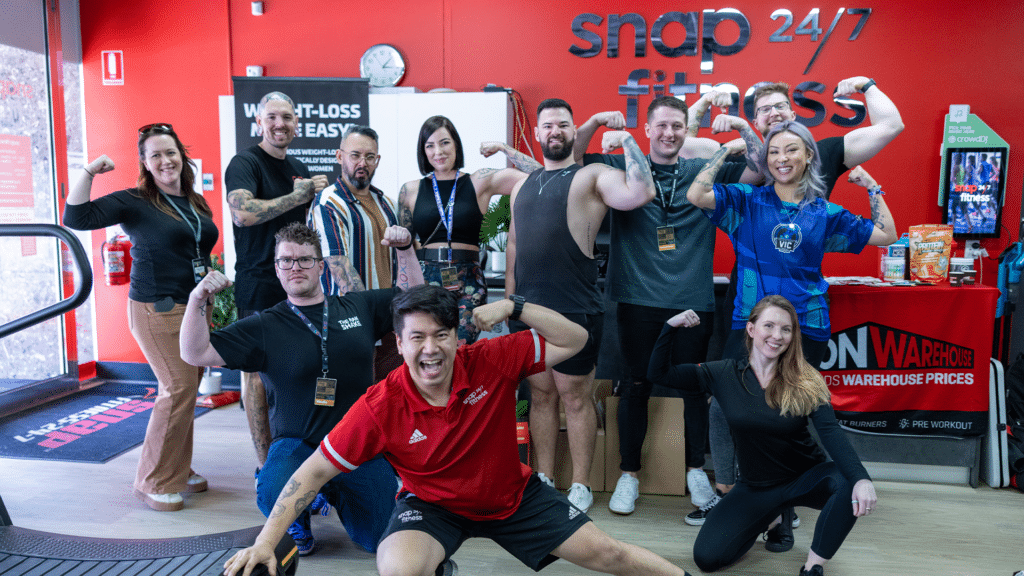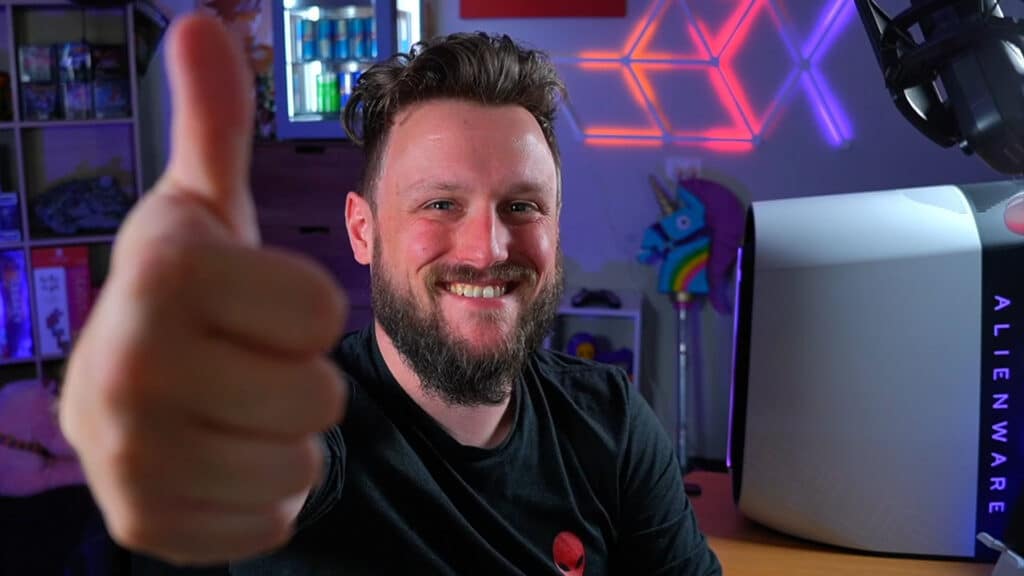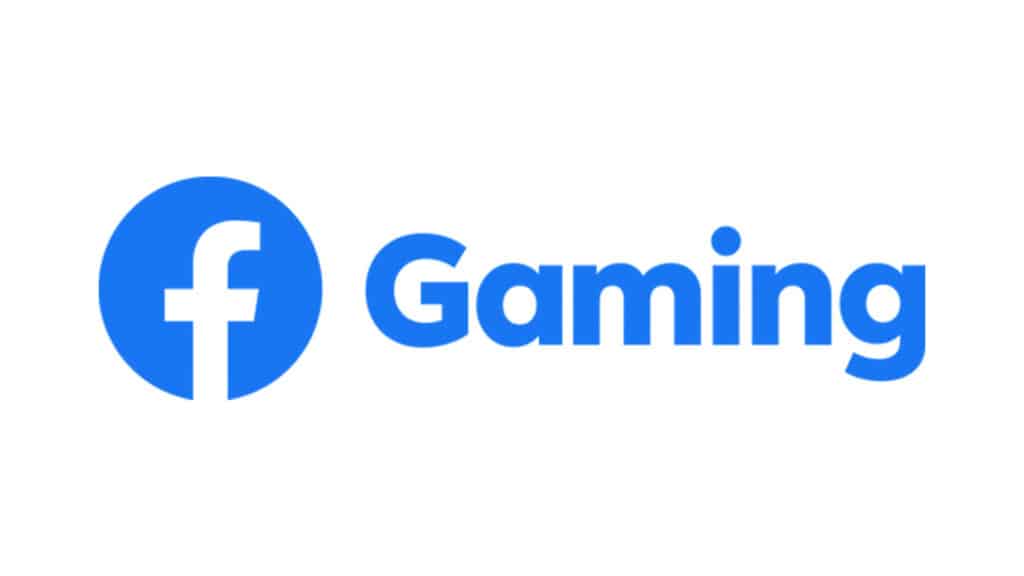Andrew Kinch knows what it takes to play video games in balance because he knows what it feels like to play too much. Read on to learn more about his story, how gaming changed his life for bad and good as well as how he now helps families and kids with the GameAware program.
A New Experience
It’s been more than 25 years since I played games on my first home computer. It was an IBM PC Jr. and it looked nothing like the computers we see today. It didn’t even have a hard drive! Games would take forever to load, but they helped me learn to type and they were lots of fun to play. It was an exciting and novel experience for 12-year-old me. I also remember getting the original NES (Nintendo Entertainment System) and playing Super Spike Beach Volleyball until my thumbs were sore.
Mastering that game was all I wanted to do, and when I did, I started to challenge myself by playing the game while looking through a mirror to reverse everything, or even playing with my toes. The toe idea was admittedly pretty weird, but once I had mastered the game I still wanted to feel challenged. In hindsight, mastering things has been a huge motivator for me not just in video games, but in my life.
The Impact
Fast forward a few years and I was playing more complicated games. I wasn’t just playing for fun, I wanted to compete against other people and I wanted to win. In my early 20s, my gaming became a bigger part of my life than was good for me. But, I was oblivious to it. My day-to-day life felt a bit stagnant because of my living circumstances and lack of money. And, the gaming was where I was finding some much-needed fun. That being said, it certainly wasn’t always fun. It was often frustrating and I’d play for longer sessions in the hope that I would feel satisfied.
The Change-Up
One day I became motivated to make a pretty big life-change to shake things up. I ended up quitting my job and travelling to Australia and through that process, I also happened to quit gaming for a few years before I re-introduced it into my hobbies. I did that by trading my gaming PC for a laptop that was really only capable of being a word processor and internet browser.
What I noticed was that I now had so many other things going for me that I didn’t need video games to feel good. When I started playing again gaming took its rightful spot as a hobby and there was a much better balance most of the time.
A New Mission
10 years later, as a high school teacher and wellbeing coordinator, I started to see the value of helping families find a balance with gaming. I went to my local Headspace and proposed the idea of a holiday program to help families who were struggling with excessive gaming. Headspace has happily supported me as I’ve developed the GameAware program.
I really think that education around video games is important because while there’s so much to enjoy, I still remember being at the mercy of my impulses. It felt good to let go and give in to the feelings that came with playing.
When gaming gets really excessive, I think it’s usually because it’s an escape from your problems. However, sometimes it’s just overindulgence because it’s an easy way to feel good about yourself. Understanding a gamer’s actual motivation to play is vital to hitting that sweet spot. Maybe if I had known how it all worked, I could have saved myself a lot of time in figuring out what path I wanted to take because my gaming habits had an opportunity cost.
That’s why GameAware is about helping families or adults find that balance and learning how to satisfy psychological needs better in real life than the gaming ever could.
Andrew Kinch is the Founder of GameAware. Learn more about GameAware on their website, Facebook and Twitter.
Andrew will be on this weeks SBS Insights episode “Game On” ,
Game On premiers Tuesday August 7 at 8:30pm on SBS, and SBS On Demand.




